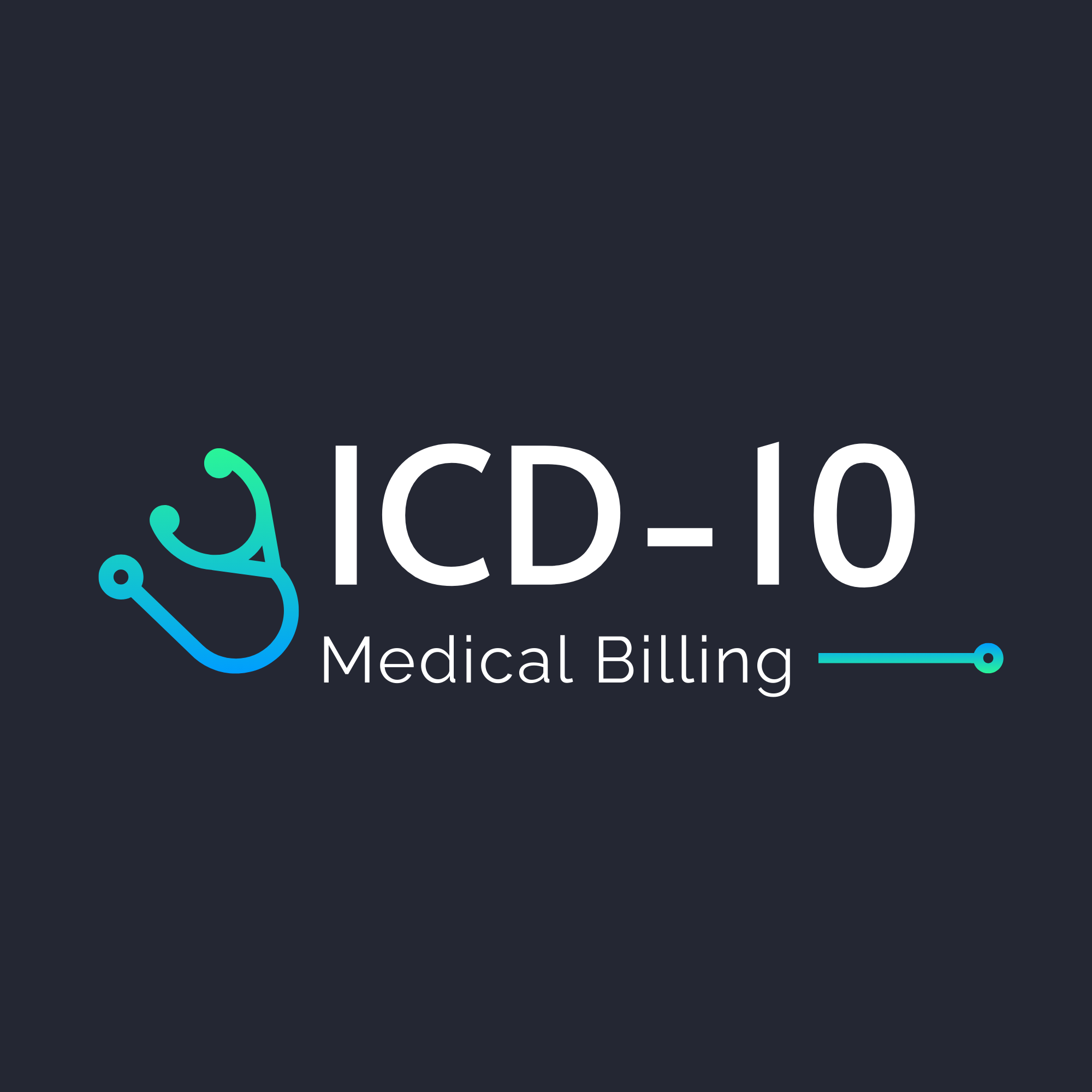Medical billing involves submitting and following up on claims with health insurance companies to receive payment for healthcare services. This process ensures healthcare providers get paid and patients’ insurance coverage is utilized correctly. Understanding medical billing basics helps navigate the healthcare system, avoid errors and improve efficiency.
Know Your Codes:
Accurate coding is crucial in medical billing. It involves using ICD-10 codes for diagnoses, CPT codes for procedures, and HCPCS codes for supplies and services. Correct coding impacts claim approval and payment. Stay updated with the latest codes to ensure accuracy.
Verify Patient Information:
Before submitting a claim, verify all patient information, including insurance coverage, personal details, and service accuracy. Errors can lead to claim denials or payment delays. Ensure data is accurate and up-to-date.
Submit Claims Electronically:
Electronic claim submission is more efficient and reduces errors compared to paper submissions. Electronic claims are processed faster, and you receive real-time updates on claim status. Invest in reliable billing software to streamline this process.
Understand Denial Codes:
Denial codes explain why a claim was rejected or denied. Understanding these codes is essential for correcting and resubmitting claims. Familiarize yourself with common denial codes and develop strategies to address issues promptly.
Follow Up on Claims:
Regularly follow up on submitted claims to ensure prompt processing and payment. Check claim status, address issues or denials, and resubmit if necessary. Consistent follow-up prevents payment delays and improves cash flow.
Stay Updated on Regulations:
Medical billing regulations frequently change. Stay informed about updates in billing practices, coding requirements, and payer policies. Subscribe to industry newsletters, attend workshops, and join professional associations to stay current.
Train Your Staff:
Proper training for billing staff is essential for accuracy and efficiency. Ensure your team is knowledgeable about coding, billing practices, and software systems. Regular training prevents errors and improves billing performance.
Use Technology Wisely:
Leverage technology to enhance billing processes. Billing software automates tasks like coding, claim submission, and follow-ups, reducing human error. Electronic health records (EHR) systems improve documentation and billing accuracy.
Maintain Accurate Records:
Accurate and detailed records are vital for successful medical billing. Proper documentation of patient encounters, treatments, and billing details supports accurate coding and claim submissions. Organized records are essential for audits and disputes.
Address Patient Inquiries:
Patients may have questions about their bills or insurance coverage. Providing clear and prompt responses improves patient satisfaction and resolves billing issues efficiently. A dedicated billing representative enhances communication and support.
Implement Quality Assurance:
Quality assurance processes help identify and correct billing errors before claim submission. Regular audits of billing practices, claim submissions, and payment processes ensure accuracy and compliance with regulations. Quality control reduces errors and denials.
Focus on Communication:
Effective communication between healthcare providers, billing staff, and insurance companies is crucial for smooth billing. Clear communication resolves issues quickly and keeps all parties informed of changes. Foster a collaborative environment for efficient billing operations.
Keep Up with Industry Trends:
Stay informed about industry trends to adapt billing practices accordingly. Monitor emerging technologies, changes in payer policies, and new billing regulations. Adapting to trends helps maintain competitive and efficient billing operations.
Conclusions:
Effective medical billing requires knowledge, accuracy, and diligence. By understanding medical billing basics, using the right tools and technology, and staying informed about industry changes, you can improve billing practices and ensure timely payment for services. Implement these tips to enhance your billing process and support the financial health of your healthcare practice.
Stay informed with ICD Med-Billing for the latest updates on ICD-10 codes.




